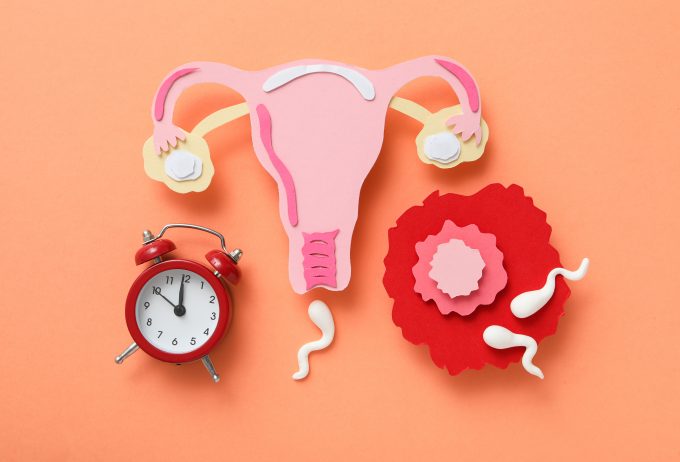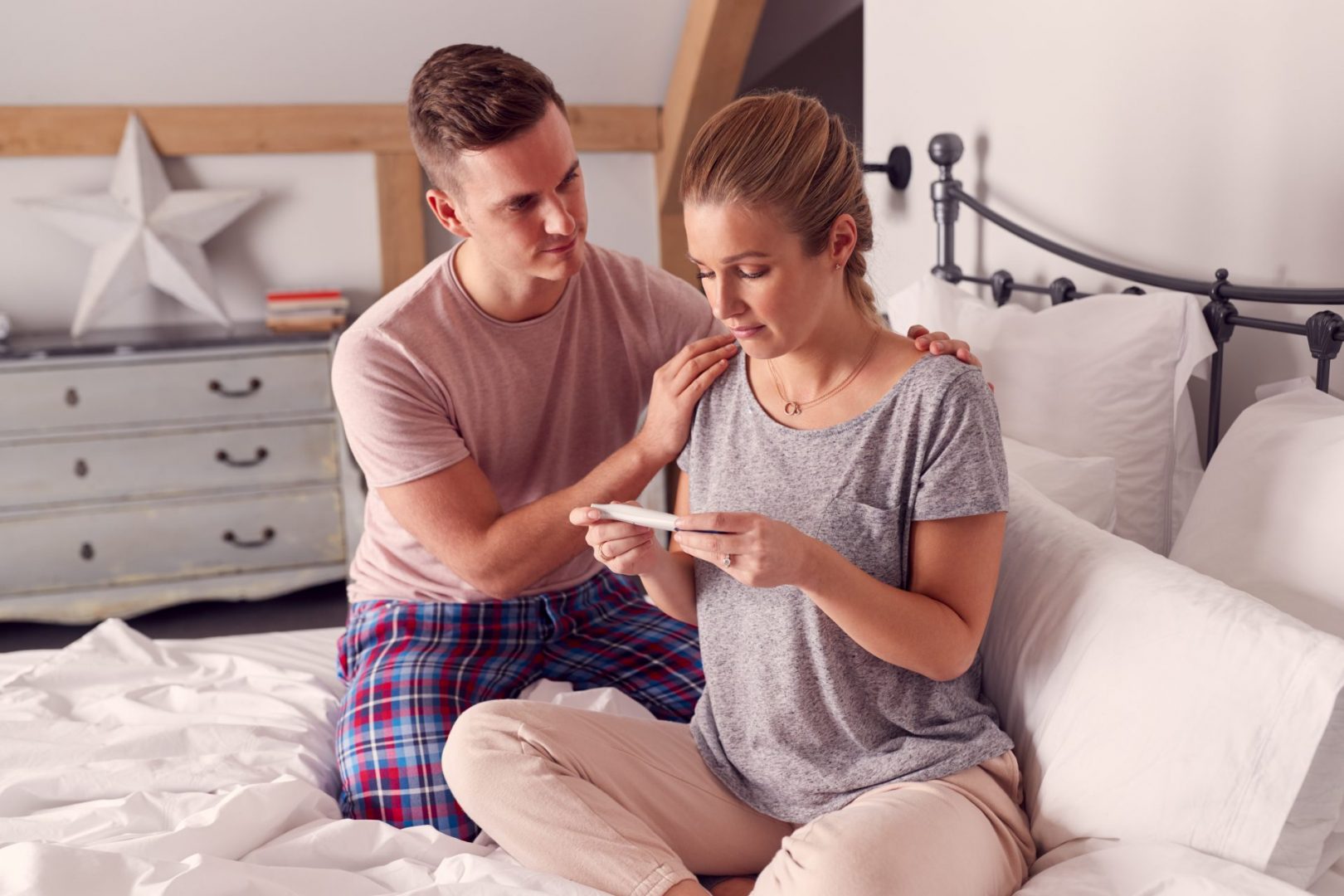Vitamin D and fertility: How vitamin D can help you get pregnant
22.9.2023 · 5 min reading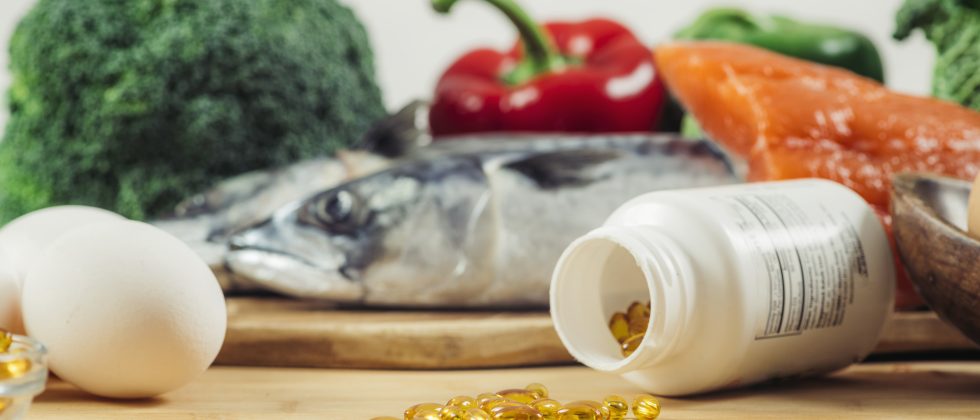
Adequate levels of vitamin D contribute to the optimal functioning of the body not only during the treatment of infertility using assisted reproductive methods (for example, IVF), but also when trying to get pregnant naturally. This is because it helps the production of sex hormones and the proper functioning of the reproductive system. In women it supports the correct course of ovulation, in men it improves the quality of sperm
80% of us suffer from vitamin D deficiency
Vitamin D belongs to the group of fat-soluble vitamins. However… it has “vitamin” in its name, but it is a secosteroid. It is also often referred to in scientific texts as a hormone which is essential for the normal functioning of the human body.
We get 80-90% of it from the sun, and only 10-20% from food. Research carried out a few years ago by doctors at the University Hospital in Pilsen showed that 80% of our population is deficient in vitamin D. If you are wondering where you stand, you just need to undergo a laboratory test, which any doctor can send you to.

The European Food Safety Authority recommends an intake of 15-20 micrograms of vitamin D per day, or 600-800 IU (2019). The maximum daily intake for adults is given as 100 micrograms, which is 4 000 IU per day, with IU being the international unit for expressing the amount. A higher intake is then recommended for newborns, pregnant, breast feeding and the elderly. And is there a need to worry about overdose? Vitamin D overdose can occur when the recommended daily dose of vitamin D supplements is significantly exceeded. Overdose may result in feelings of weakness, nausea, vomiting or dizziness.
Vitamin D levels contribute positively to both male and female fertility
We will now try to summarise the results of many years of scientific work in a few sentences.
The Americans conducted a study between 2010 and 2016 involving 522 women, 257 of whom became pregnant during the study. Their average age was 33 years and their vitamin D concentration was around 90 nanomoles of 25 hydroxyvitamin D per liter of blood. Women with higher vitamin D concentrations (125 nmol/l or more) appeared to be more fertile than those with vitamin D concentrations below 50 nmol/l. Thus, the results of the study confirmed the relevance of the information about reduced fertility in women with lower vitamin D concentrations that researchers had from earlier studies.
And we’ll stay in the lab. A Danish study involving three hundred healthy men confirmed the correlation between vitamin D levels and quality and quantity parameters of sperm and testosterone. Men with sufficient vitamin D (more than 75 nmol/l) had a higher sperm motility and a better spermogram result. This was neither the first nor the last study to conclude that vitamin D is essential for male fertility.
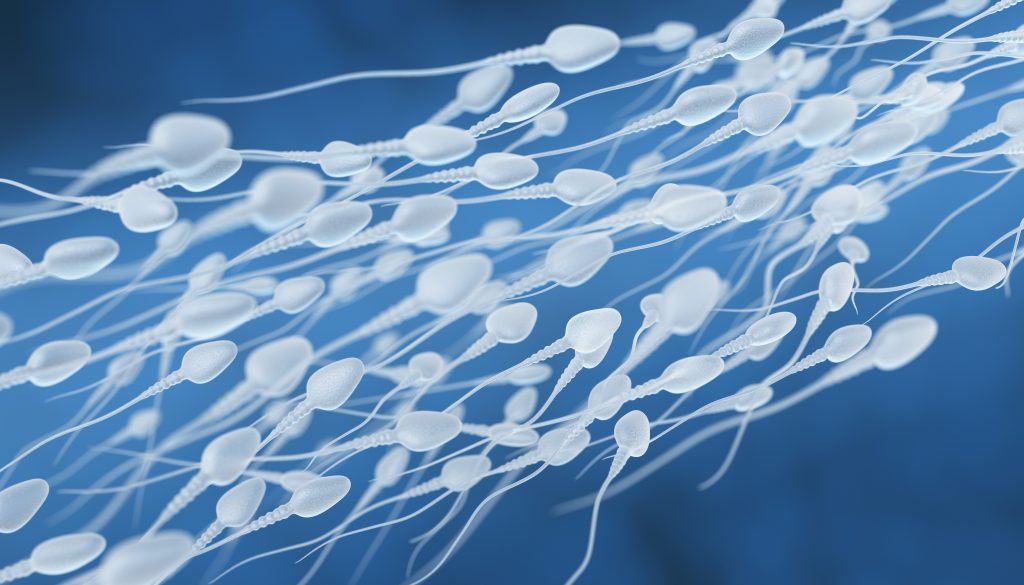
Vitamin therapy increased the chances of women with PCOS getting pregnant
Vitamin D therapy has been proven effective in infertile women with PCOS in a study involving 305 infertile PCOS patients undergoing IVF who suffered from a reduced ability of their cells to respond to insulin. They divided them into four groups:
- women with vitamin D deficiency without treatment,
- women with normal vitamin D levels after treatment,
- women with normal vitamin D levels without treatment,
- women with vitamin D deficiency after treatment.
The success rate of embryo implantation was identically 49% in the groups with normal vitamin D levels, while it was 14.3% in women after failed vitamin D therapy and only 8.5% in women with untreated vitamin D deficiency. In 65-67% of women in the “sufficient D” categories, doctors confirmed pregnancy. In contrast, in the vitamin D deficient groups, pregnancy was confirmed in only 19-24% of patients. In addition, all women with normal vitamin D levels, both natural and supplemented, had the same number of high-quality embryos. Vitamin D sufficiency has been shown to be very important for women with PCOS to get pregnant after ICSI or IVF.
Taking vitamin D during pregnancy
Vitamin D is essential for pregnancy, similar as folic acid. It is important for the bones of the mother and the developing fetus and keeps the placenta healthy. However, pregnant women are generally not recommended by doctors to be in direct sunlight, so what to do? Where to look for another source? Preferably at a pharmacy. A proper supply of vitamin D should be at least between 800-1,000 IU for pregnant women. For example, vitamin D is included in vitamins for pregnant women (e.g. Femibion) and gynaecologists prescribe it in drops (Vigantol). A possible alternative is to take it in the form of a food supplement.
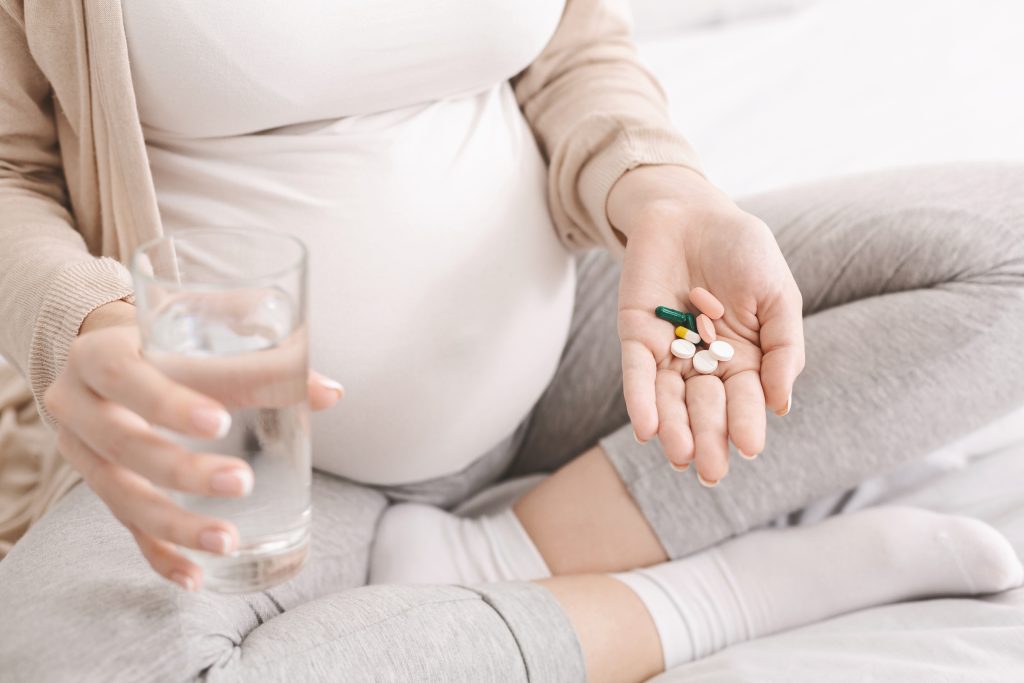
What are the best sources of vitamin D?
The body’s supply of vitamin D from foods lasts half as long as vitamin D from the sun. However, if sunlight is limited, it is a good idea to keep track of what vitamin D is in so that you can regularly replenish your body. In our latitudes, the amount of vitamin D in raw materials is generally low, so we need to think about the composition of our diet. The best sources include oily fish and seafood, fish oil, tripe, mushrooms, eggs and dairy products. However, cow’s and soya milk, oatmeal and cereals or orange juice are also fortified with vitamin D.
The best sources of vitamin D
- sardines and herring: up to 1 600 IU,
- salmon: up to 685 IU,
- cod liver oil (1 teaspoon): 450 IU,
- oysters: up to 320 IU,
- tuna: up to 240 IU,
- egg (1 piece): up to 39 IU,
- wild mushrooms: up to 2 300 IU.
The amount of IU per 100 grams is given in the summary. According to legislation, the recommended daily intake is 400 IU = 10 micrograms.

Other positive effects of vitamin D
Many studies have proven the health benefits of vitamin D. Genetic studies show that calcitriol – a highly active form of vitamin D – affects the transcription of hundreds of genes, approximately 5% of the human genome. Proper levels of vitamin D prevent 13 types of cancer and other diseases. And what else is it good for?
- It supports and stimulates the immune system.
- It is important for healthy bone development.
- It supports brain function and reduces the risk of depression.
- Contributes to the maintenance of normal dental health.
- It has a beneficial effect on the myocardium and blood pressure.
- It is important in the production of insulin.
- Helps strengthen muscles and speeds up their recovery.






